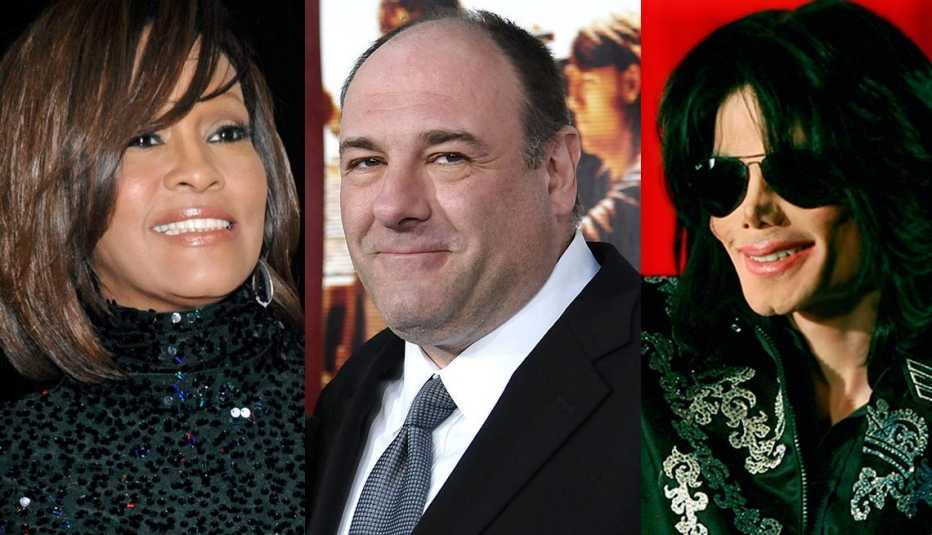AARP Hearing Center
Preparing for the end of life is one of those things you know you should do — but have you actually sat down and done it? Probably not, according to a new survey from Caring.com, which found that only 4 in 10 American adults have a will or living trust. Happily, older adults appear to lead the pack in readying these important documents.
While most U.S. adults age 18 and over have not done the needful, 81 percent of those age 72 or older and 58 percent of boomers (ages 53-71) do, in fact, have estate-planning documents. The study, conducted in January, asked more than 1,000 respondents whether they had estate-planning documents in case of their death.
The results suggest that “as people age … they face the reality that having an estate plan is important and they’re getting the job done,” says elder law attorney Sally Hurme, author of Checklist for My Family: A Guide to My History, Financial Plans and Final Wishes.
It’s important for younger people to have wills, too, points out Hurme, especially if they have children, to ensure that they’ll be cared for by the people the parents want as guardians in the event of their death. Yet a whopping 78 percent of millennials (ages 18-36) and 64 percent of Generation Xers (ages 37-52) do not have a will.





































































